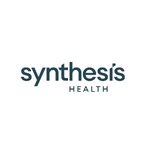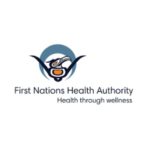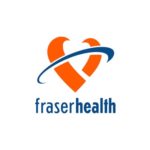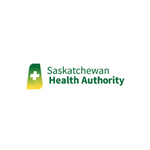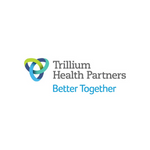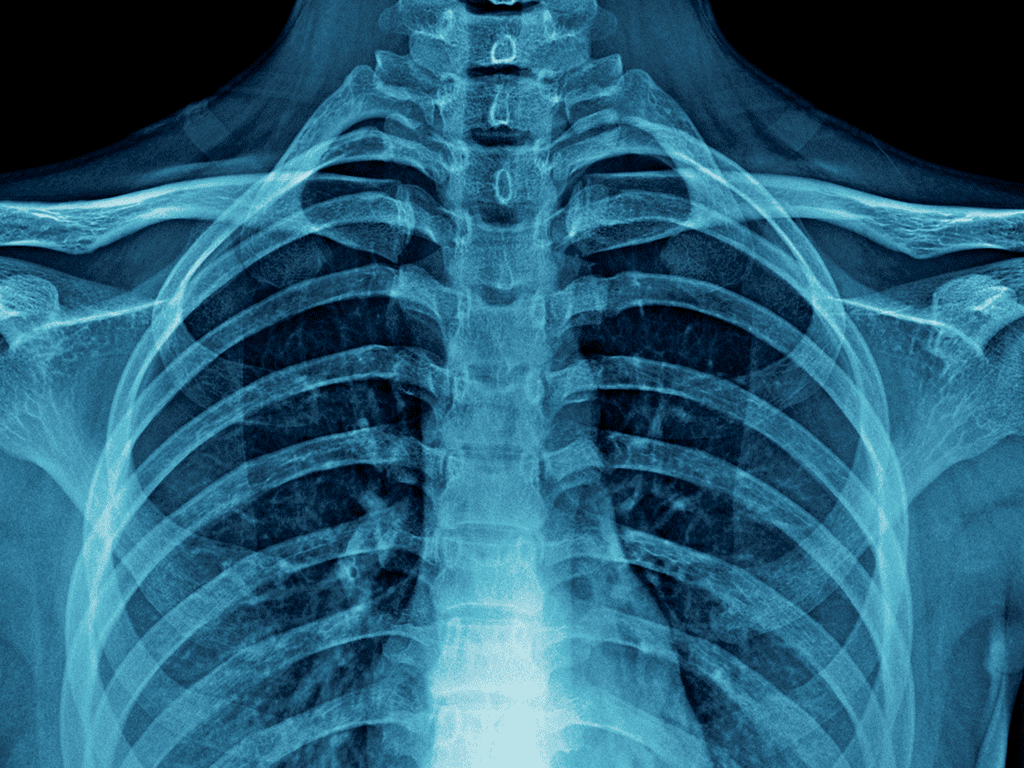
XrAI
Harnessing the power of machine learning to help clinicians more easily identify lung abnormalities in chest X-rays.
Project Overview
Updated January 10, 2025
The Problem
During the fight against COVID-19, chest x-rays have been a critical tool for identifying lung abnormalities in patients, a critical complication from COVID-19. Chest x-rays can show the signs of COVID-19 infection in the lungs in multiple ways, such as partially collapsed lungs, blocked bronchial tubes and liquid collecting in the lungs or their outer lining. The information is key for family doctors, emergency doctors and nurses trying to determine if a patient could be infected.
The challenges that had been faced by frontline teams trying to detect and treat COVID-19 included the time it took to receive a formal report from a radiologist, along with the accurate identification of abnormalities in the lung. Often, the treatment teams relied on their own interpretation of an x-ray to manage a patient while waiting for a radiologist’s report, if they had access to one. These interpretations drove clinical decisions, including the decision to admit or discharge a patient. A late or incorrect diagnosis could have resulted in an infectious patient being sent home and a rapid deterioration of their health.
How We Are Solving It
XrAI is an AI-driven chest x-ray tool developed by Synthesis Health in close partnership with Canadian healthcare organizations and physicians. XrAI was approved by Health Canada as a Class III medical device to support Canadian health providers in the fight against COVID-19. This software was deployed across Canada through the project team led by Synthesis Health in partnership with Saskatchewan Health, British Columbia’s Fraser Health, Vancouver Coastal Health and First Nations Health authorities, Ontario’s Trillium Health Partners, and Microsoft.
XrAI integrates seamlessly into existing clinical information systems. There are no interruptions to workflow and little to no training required upon installation. XrAI’s rapidly delivers AI-driven findings directly to clinicians’ standard x-ray viewer.
The technology already has proven successful. It has been tested on publicly available data of COVID-19 pneumonia and it correctly identified 100 per cent of the cases presenting abnormalities in the lungs. Furthermore, in a randomized control trial, the solution improved the accuracy of identifying other lung abnormalities across a variety of physician groups.
Chest x-rays are already performed in 35 per cent of visits to the ER – and COVID-19 began to drive higher usage. By speeding up the analysis of the x-rays, XrAI helps reduce radiology bottlenecks and is especially valuable for rural and remote ERs and doctors.
The Result
This project used artificial intelligence to identify lung abnormalities on chest x-rays in real-time, enabling clinicians on the frontline in emergency rooms and rural hospitals to better identify COVID-19 and other lung-related illnesses. In the hands of clinicians, this tool improves patient outcomes and save lives and has successfully integrated to provincial imaging systems, proving it can be integrated and available to clinicians at scale.
XrAI’s integration to provincial imaging systems to-date has proven its ability to be available to clinicians at scale. It has been deployed in an Ontario hospital system: serving one of the world’s most diverse communities of over 1 million residents from more than 55 different nationalities. As of the completion of this project, XrAI’s target of 100,000 images per health authority is well on its way to being exceeded, as Trillium Health Partners expanded their research study to over 480,000 chest x-ray images. It has been deployed in B.C. via Vancouver Coastal Health, serving over 1.25 million patients representing 25% of the province’s population. It has also been deployed in Saskatchewan, collectively serving more than 70% of the rural population of the province including 15 Indigenous and 31 Hutterite communities.
The project also developed an integrated mobile x-ray and a connectivity-light portable solution for usage in rural communities with minimal service infrastructure. These advancements led to ongoing discussions with Indigenous Services Canada and the First Nations Health Authority for further deployment in B.C., Alberta and Saskatchewan.
Project Lead
Project Partners
-

"The XrAI Project has been a phenomenal success in moving the needle for adoption of AI in Canadian Healthcare. XrAI has been the tip of the spear for AI implementation in all the communities it touched. Its impact in helping to breakdown healthcare barriers, equalizing access to care in rural Canada, and pushing for change in the scope of practice for nurses and nurse practitioners will be felt for many years to come.”
Chief Medical Officer, Synthesis Health -

"COVID-19 heightened both the need and the speed at which the government was able to identify novel technology, and expedite the regulatory processes to confidently bring these solutions into the public and private sectors. At 1QBit we saw the incredible efficiency with which Health Canada was able to work to rigorously review and approve XrAI, our machine learning based X-ray analysis tool for identifying lung abnormalities in order to get this into the hands of Canada's front line healthcare teams as quickly as possible. We as industry and government have the opportunity to push innovation to market at a faster pace by continuing the regulatory efficiency that we have now shown is possible."
Advisor and Board Member, Synthesis Health & Co-Founder and President, 1QBit Read our Impact Story -

“Our algorithm is the only one in the world that can run on a laptop without any Internet connectivity, which is ideal for remote and rural areas. In my day-to-day practice as a pediatric radiologist, I can treat one child and family at a time. However, when you leverage technology and develop a solution such as XrAI, you can begin to help hundreds or thousands of people at a time. That is unbelievably empowering and beautiful.”
Chief Medical Officer, Synthesis Health Watch the XrAI Video -
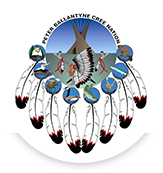
“Now that we have these portable x-rays in our communities, with this artificial intelligence platform, we're able to provide instant diagnosis and interventions to our First Nations population and these isolated communities. So right on reserve, in primary care clinics, we can provide that service rather than having to send the patient out and to drive sometimes six, eight hours to a place like a hospital to receive that x-ray.”
Preventative Health Manager, Peter Ballantyne Cree Nations -
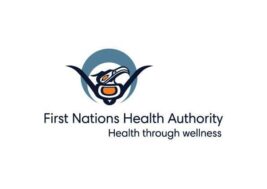
“The two communities where these systems were deployed were so excited to see the X-ray systems arrive. In the first week alone, we provisioned X-rays on 26 clients, many who would have experienced profound harm if they had to receive this service in Prince George.”
Director (Acting), Community Based Testing and BioMedical Initiatives, FNHA
